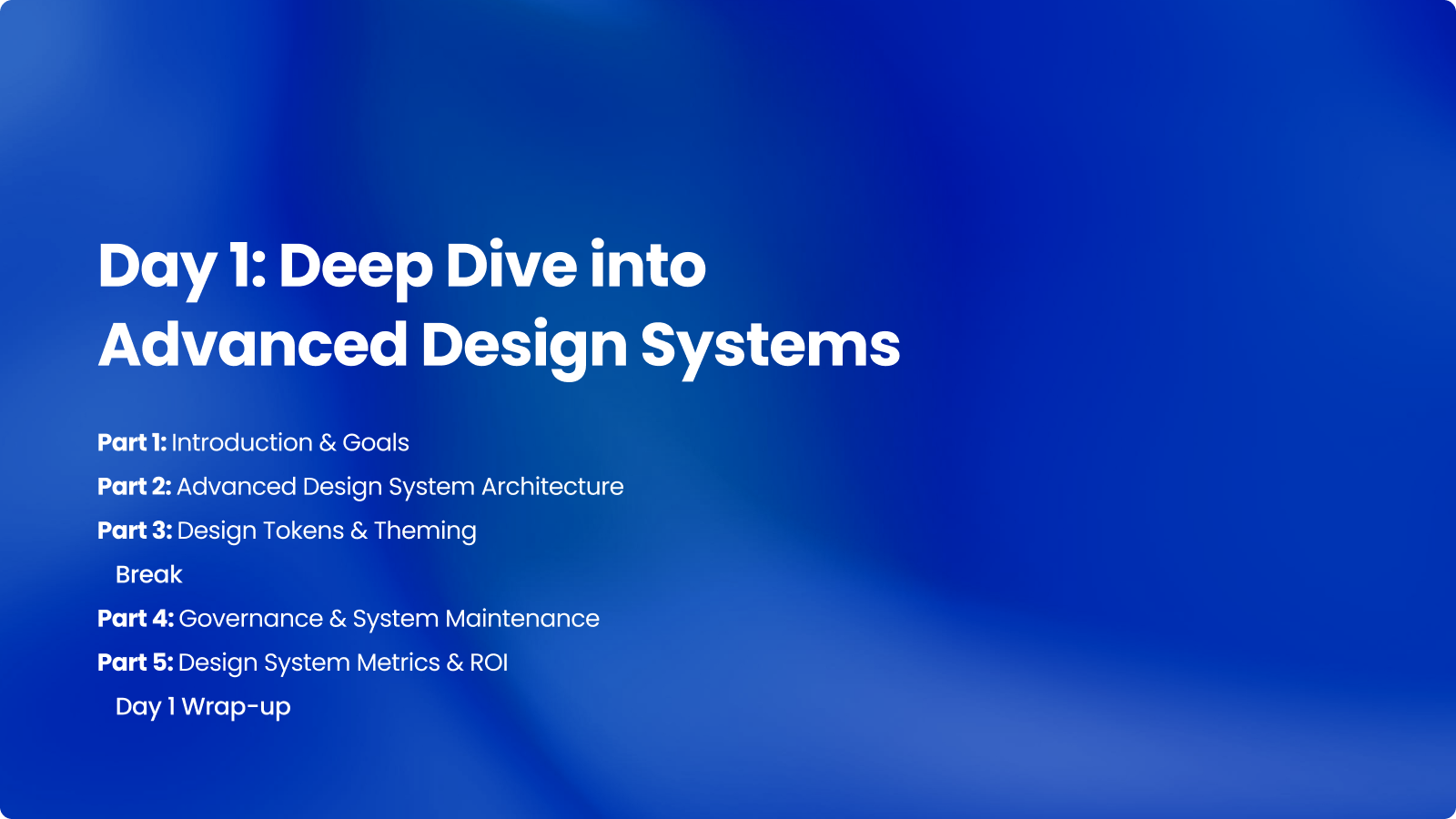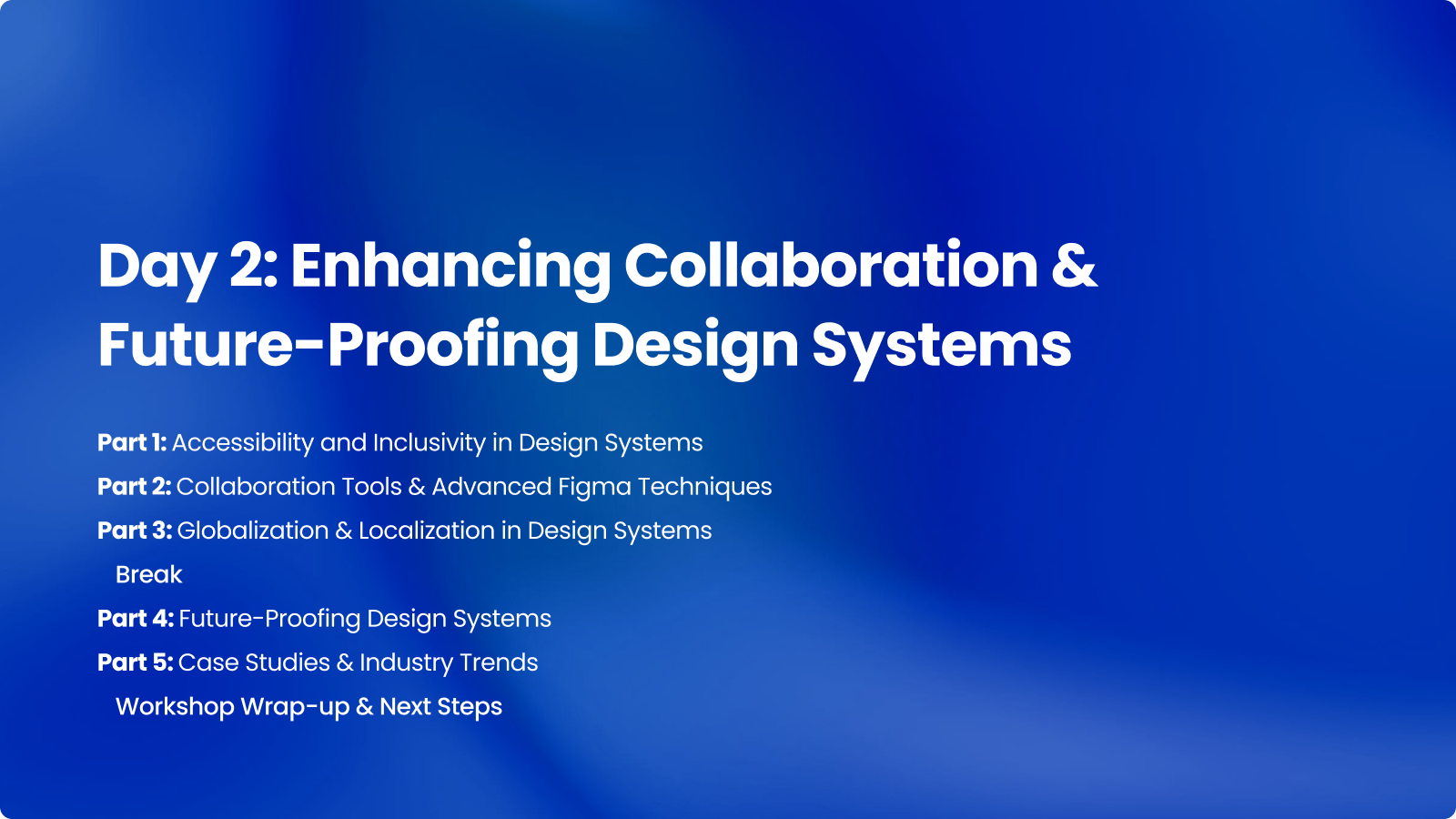Advanced Design Systems for UX Professionals
Workshop Outline: Advanced Design Systems for Seasoned UX Professionals
Duration: 2 Days
Target Audience: Experienced UX professionals, design leads, and system architects.
Format: Combination of lectures, hands-on exercises, group discussions, and case studies.
Day 1: Deep Dive into Advanced Design Systems
Part 1: Introduction & Goals
Duration: 30 minutes
- Welcome & Icebreaker
- Quick introductions and goal setting.
- Workshop Overview
- Agenda and key learning outcomes.
Part 2: Advanced Design System Architecture
Duration: 1.5 hours
- Design System Components
- Modular design principles: Breaking systems into reusable parts.
- Cross-platform consistency: Ensuring fluid UX across mobile, web, and beyond.
- Component vs. Pattern Libraries
- Differences, benefits, and when to use which.
Exercise: Component Library Setup
Participants will create a basic, modular component library in their tool of choice (Figma, Sketch, etc.).
Part 3: Design Tokens & Theming
Duration: 1.5 hours
- Deep Dive into Design Tokens
- Spacing, color, typography tokens: Consistency in multi-brand and multi-platform systems.
- Advanced Theming Techniques
- Theming across global, multi-product systems.
- Automating theme adaptations.
Exercise: Define & Apply Design Tokens
Hands-on: Participants define and apply tokens across multiple UI components to explore efficiency.
Break for refreshments and reducing information overload
Duration: 30 minutes
Part 4: Governance & System Maintenance
Duration: 1 hour
- Governance Models
- Scaling and maintaining large systems over time.
- Creating efficient update processes (e.g., versioning, documentation, changelogs).
- Cross-functional Collaboration
- Aligning UX, engineering, and product teams for system adoption and maintenance.
Group Discussion: Governance Challenges
Participants will share their governance challenges and solutions from real-world projects.
Part 5: Design System Metrics & ROI
Duration: 1 hour
- Measuring Impact
- KPIs for tracking efficiency (time saved, consistency, adoption rates).
- Continuous Improvement Cycles
- Collecting and applying feedback to keep systems relevant.
Case Study Review
Explore case studies where design systems added measurable business value.
Wrap Up: Day 1
Duration: 30 minutes
- Recap & Q&A
- Review of key takeaways from Day 1.
- Q&A session to clear doubts before moving into Day 2.
Day 2: Enhancing Collaboration & Future-Proofing Design Systems
Part 1: Accessibility and Inclusivity in Design Systems
Duration: 1.5 Hours
- Accessible Component Design
- Ensuring WCAG compliance in every component.
- Manual vs. automated testing tools for accessibility.
- Inclusive Design Practices
- Building systems for a diverse range of users (e.g., accessibility, devices, culture).
Exercise: Accessibility Audit
Participants perform an accessibility audit on an existing design system and propose improvements.
Part 2: Collaboration Tools & Advanced Figma/Sketch Techniques
Duration: 1.5 hours
- Mastering Figma Components
- Nested components, auto-layout, and design libraries for scalability.
- Design Handoff Optimization
- Streamlining design-to-development handoffs using collaboration tools (e.g., Figma, Zeplin, Storybook).
Hands-on Exercise: Component Updates
Participants work with nested components and auto-layout to understand how design systems evolve.
Part 3: Globalization & Localization in Design Systems
Duration: 1 hour
- Designing for Global Audiences
- Adapting design systems for different languages, cultures, and locales.
- Performance Optimization
- Techniques for making systems adaptable and lightweight for global use.
Discussion: Localization Challenges
Participants discuss challenges they've faced in adapting systems for global audiences.
Break for refreshments and reducing information overload
Duration: 30 minutes
Part 4: Future-Proofing Design Systems
Duration: 1.5 hour
- AI-Assisted Design
- How AI tools can integrate into design systems for automation.
- Emerging Technologies
- Preparing design systems for VR/AR, voice interfaces, and other future technologies.
- Ethics and Sustainability
- Designing systems with privacy, ethics, and sustainability in mind.
Exercise: Designing for Future Interfaces
Participants conceptualize how their design systems could be adapted for future trends like voice or AR interfaces.
Part 5: Case Studies & Industry Trends
Duration: 1 hour
- Case Studies
- Detailed analysis of design systems from companies like IBM, Google, Apple, Nokia, and Airbnb.
- Current and Emerging Trends
- Key trends influencing the future of design systems and UX.
Group Discussion: Lessons from Industry Leaders
Open discussion on takeaways from industry-leading design systems.
Workshop Wrap-up & Next Steps
Duration: 30 minutes
- Review & Final Q&A
- Summarize workshop learnings.
- Participants share action plans for improving their design systems.
- Next Steps & Resources
- Suggested readings, tools, and ongoing learning resources for further development.
Thank You for reading. Please leave a review. It helps me grow!
Tools used
From brief
Topics
Share
Reviews
0 reviews
You might also like
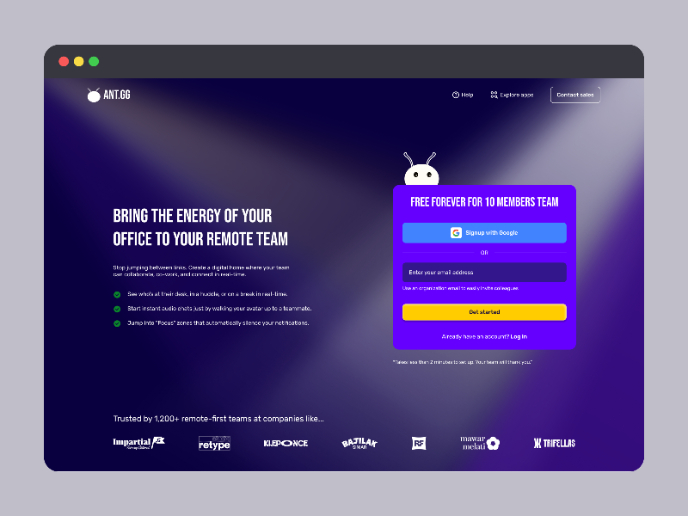
SaaS Signup Design
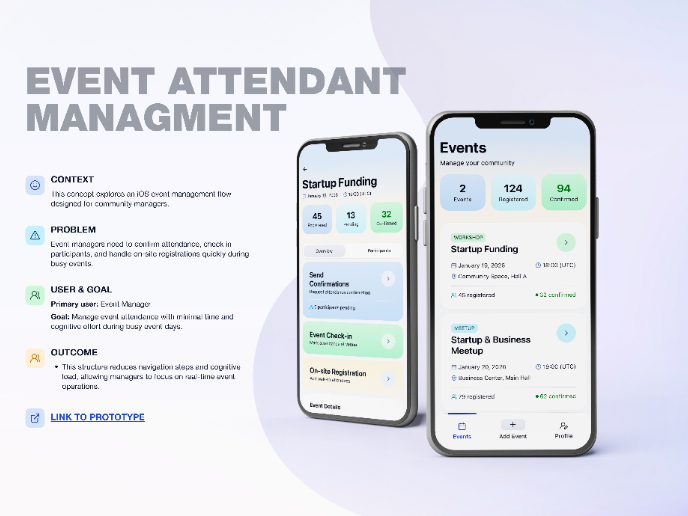
Events Managment App
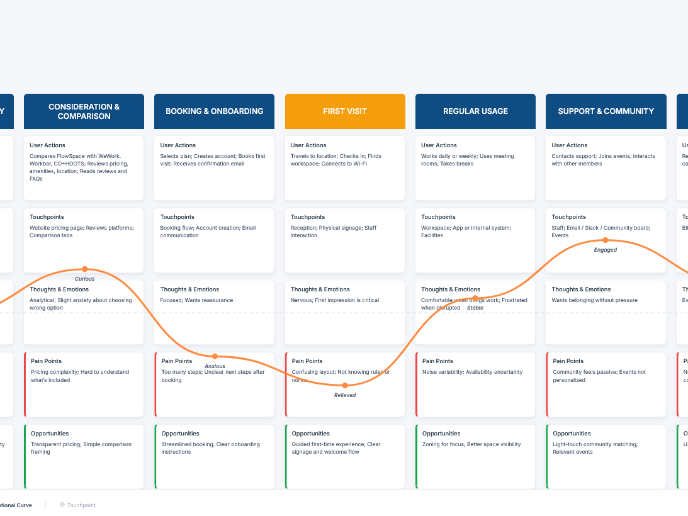
Customer Journey Map — Offsite Co-Working Experience
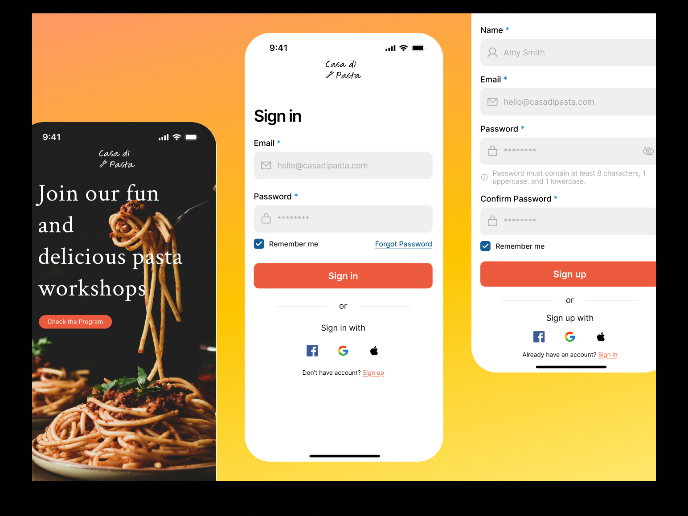
Mobile Onboarding: Casa di Pasta
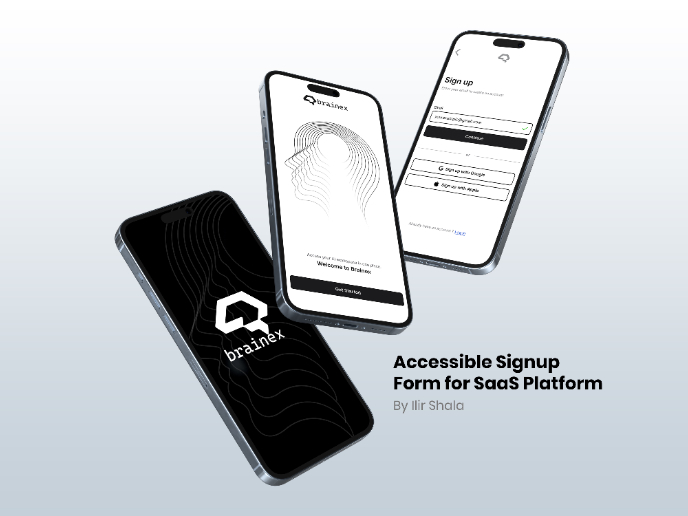
Accessible Signup & Login Experience — Brainex
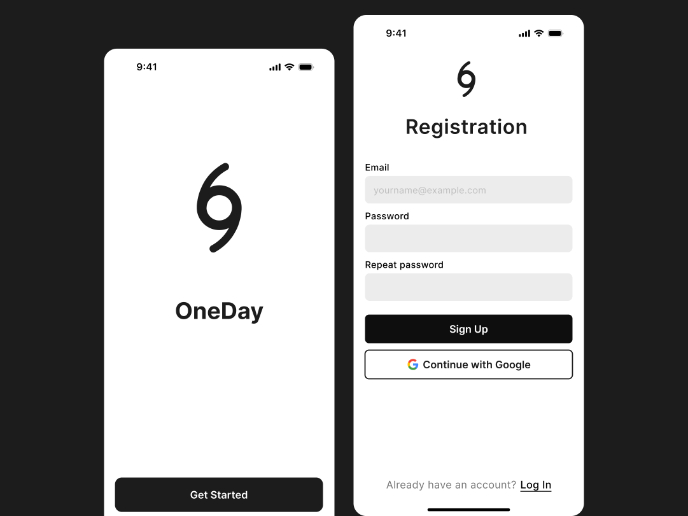
Accessible Signup Form
Design Leadership Courses

UX Design Foundations

Introduction to Figma



